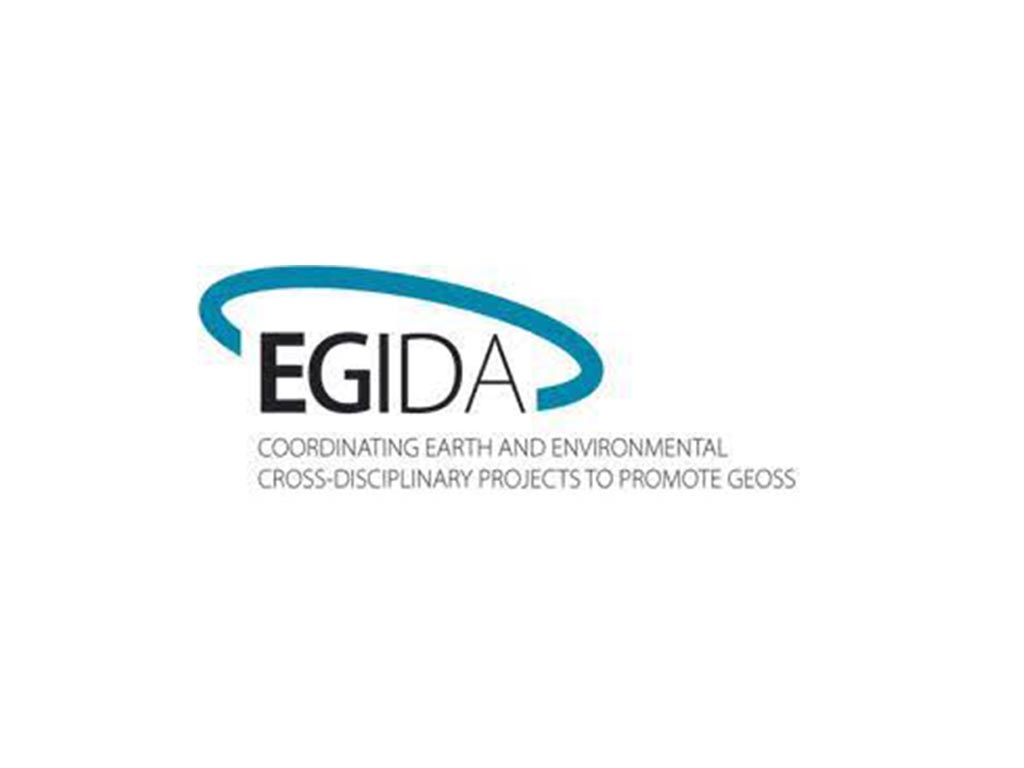
Abstract of the project
The objective of the EGIDA project was to promote the activities of the intergovernmental initiative GEO (Group on Earth Observation) by stimulating the involvement of a growing number of stakeholders and users of the scientific and technological communities (research centers, national and international agencies, companies) in accessing and providing data and information through the Global Earth Observation Systems System (GEOSS), as well as in GEO / GEOSS implementation activities.
This action was mainly carried out towards developing countries and towards those countries that have joined the European Union more recently (with specific activities related to the Balkan and Mediterranean area). Currently, GEO includes 101 governments plus the European Commission and 95 international organizations (participating organizations) working in the field of Earth observation as members.

EGIDA combined bottom-up and top-down approaches; the first represented by initiatives and projects financed at local and regional level, and the second defined by GEO, in particular with reference to the Roadmap introduced by the GEOSS Committee for Science and Technology. This approach aims at the sustainability of GEO / GEOSS, an initiative based on the voluntary contribution of participants, through alignment with its objectives through nationally or regionally funded data sharing initiatives. To this end, EGIDA has foreseen a first phase of coordination and support explicitly dedicated to the two macro-objectives of the GEO Science & Technology Roadmap: a) promoting GEO in the scientific and technological communities; b) involve the scientific and technological communities in the development of GEO. Subsequently, the results of the first phase, and more generally the project experience, were consolidated in the development of a general methodology for the re-engineering of national and regional infrastructures for a sustainable contribution to GEOSS: the EGIDA Methodology. This methodology has been tested in specific use cases.
The two main results achieved by EGIDA are:
a) the EGIDA Methodology, which consolidates the overall activity of the project;
b) the creation of a stakeholder network (Science & Technology Stakeholder Network).
The project produced a general methodology (EGIDA methodology) to enable national scientific and technological communities to redesign their data infrastructures in order to facilitate their integration and interoperability to provide a sustainable contribution to GEOSS. The EGIDA Methodology is based on good practices deriving from previous international experiences, collected in guidelines and related to actions useful for the re-engineering of data infrastructures.
The EGIDA methodology was subsequently reused and extended in further use cases within other FP7 / Horizon2020 projects, including: EO-POWER, IASON, RECODE, BYTE.
As a result, EGIDA produced evaluation and test processes, verification indexes, databases, the GEO label concept to evaluate the quality of the data published by GEOSS, questionnaires and other useful tools to facilitate a sustainable contribution to GEOSS by the scientific communities. and technology at national and regional level.
• Ieee France Section
• Internationales Institut Fuer Angewandte Systemanalyse
• Higher Institute for Environmental Protection and Research
• Nilu Stiftelsen Norsk Institutt Forluftforskning
• Max-Planck-Gesellschaft Zur Forderung Der Wissenschaften Ev
• Helmholtz-Zentrum Geesthacht Zentrum Fur Material- Und Kustenforschunggmbh
• Ivl Svenska Miljoeinstitutet Ab
• Institut Jozef Stefan
• Natural Environment Research Council
• Bye Bente
• Danmarks Meteorologiske Institut
• Centro De Investigacion Ecologica Y Aplicaciones Forestales
Francesco Petracchini
Lucia Paciucci
Marco Secret